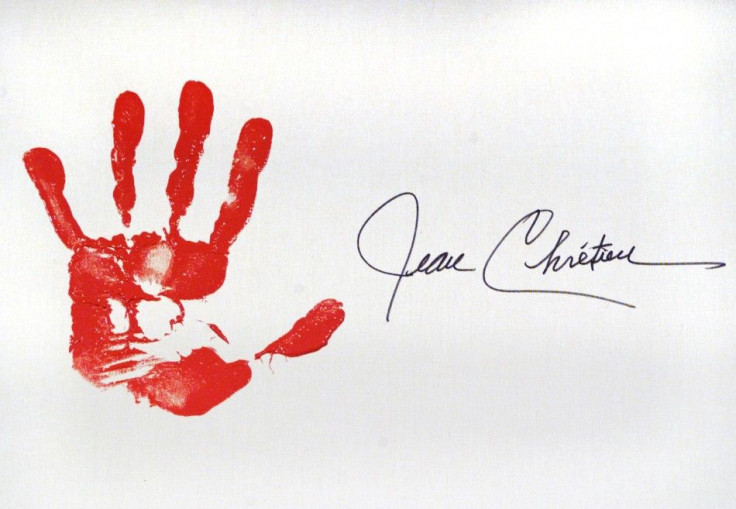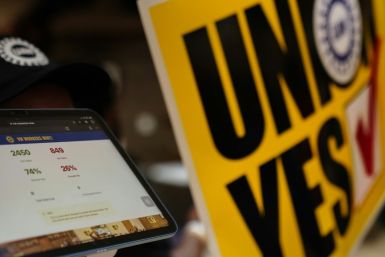Canada Court To Hear 'Driving while black' Appeal On Racism

A Canadian man, facing conviction for gun offence, has appealed in court that he has been a victim of racism. Ontario Superior Court is expected to hear his appeal on Tuesday, Jan. 13.
The highest court in Ontario will hear from Richard Steele's lawyer's arguments about a 2010 case when Steele was convicted of concealing a loaded handgun under the front passenger seat of his mother's car after being pulled over in Hamilton. Steele argues that he is a victim of "driving while black." He had four black men in his car when police caught him. Steele's lawyer Anthony Moustacalis says that the trial judge made an error by failing to consider evidence of racial profiling while finding him guilty. According to CTV News, court documents reveal that Steele's lawyer's claim that the gun the officer found should have been excluded as evidence. The lawyer argues that Const. Yvonne Stephens conducted an improper search of the vehicle. Moustacalis also argues that the officer pulled Steele's car over because of the driver's race. The officer also violated Steele's right to privacy, the lawyer says.
Moustacalis says that it was "bizarre" for the officer to request to help the driver find the insurance card of the car. The search, which did not amount to obtaining informed consent, for the insurance car eventually led to the discovery of the gun under the seat. Moustacalis also says that the officer's trial testimony was inconsistent. Global News reports that the inconsistencies in the officer's testimony, according to the lawyer, include the position of Steele's hands were during the stop. The Crown, on the other hand, denies any racial perspective to the case. It says that the officer's behaviour was neither racist nor unusual. The Crown also says that the officer was within her rights to check if the driver had valid documentation. It argues that the officer was not able to see who were inside when she pulled it over. The trial judge also relied on the testimony of another Hamilton officer who said that the officer had never shown any racial bias in the 10 years he knew Stephens. The justice said that the officer's evidence gave him "comfort" for his decision.
Contact the writer: s.mukhopadhyay@IBTimes.com.au






